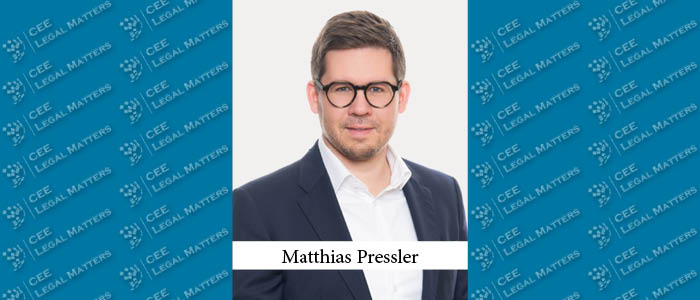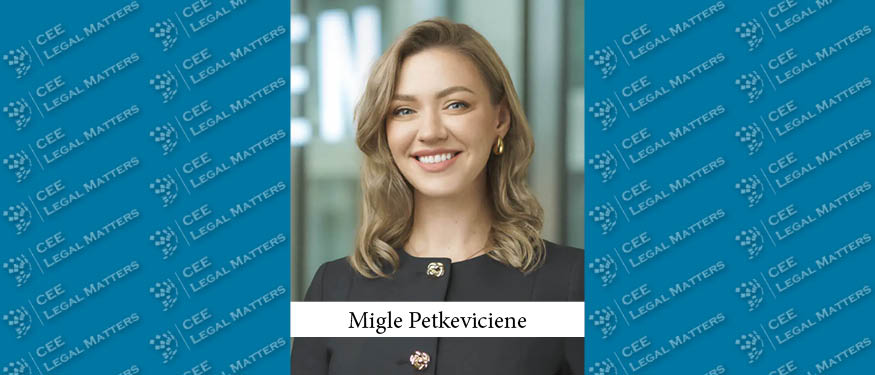As the regulatory landscape for crypto-assets undergoes a significant transformation with the European Union's implementation of the Markets in Crypto-Assets Regulation (MiCAR, Regulation (EU) 2023/1114), attention turns to the preparatory steps entities must take to comply with these new standards.
Against this backdrop, the Austrian Financial Market Authority (FMA) has recently published preliminary guidance on the MiCAR licensing process for crypto-asset service providers (CASPs). These guidelines outline the steps CASPs need to consider and the FMA's expectations in the lead-up to full MiCAR applicability after 30 December 2024.
MiCAR preliminary process with FMA
As of March 2024, CASPs cannot yet apply for a MiCAR licence. However, the FMA has recognised that early engagement is vital for an efficient licensing procedure for both CASPs and the FMA, as the competent regulator. Initiating dialogue provides valuable insights into the regulatory expectations and helps businesses adjust their models and compliance strategies to meet the FMA's standards. Companies that intend to apply for a MiCAR licence and that have conducted preliminary steps internally and with their legal counsel can contact the FMA from March 2024 onwards. This opportunity provides companies with the chance to align their application with regulatory standards and seek clarification on any aspects of the licensing process.
FMA questionnaire on regulatory readiness
The FMA has introduced a detailed questionnaire to test and demonstrate CASPs' readiness in aspects such as operational experience, financial stability, compliance history, business model complexity and a thorough understanding of the regulatory landscape. Thoughtful engagement with this questionnaire is essential to illustrate a business's alignment with the FMA's standards.
Application process overview
The authorisation timeline is influenced by the quality of the application, the complexity of the business model, and adherence to regulatory standards. Therefore, ensuring a comprehensive and well-prepared application is important for navigating the authorisation process effectively.
Recommendations for CASP applicants
The FMA's guidance includes specific recommendations for CASP applicants to enhance their readiness for MiCAR compliance:
- Clear scope: Applicants should clearly define which MiCAR services apply to their business, supported by a legal assessment and detailed business activity descriptions.
- Organisational readiness: An evaluation and adjustment of the organisational structure and operations to meet MiCAR requirements are recommended.
- Legal advisory: Consulting with legal experts is helpful for refining the application and aligning with the FMA's feedback.
- AML and CFT compliance: Establishing stringent KYC, anti-money laundering and counter-terrorist financing measures is essential for a successful authorisation.
Conclusion
The introduction of MiCAR presents both challenges and opportunities for the crypto-asset sector within the EU. Understanding and preparing for the FMA's requirements are crucial steps in navigating the new regulatory environment. To assist CASPs in preparing comprehensive and timely MiCAR licence applications, the FMA's guidance can serve as an initial source of valuable information, to be ready as soon as the FMA accepts the first MiCAR licence applications (expected in late summer or October 2024).
For further assistance or to discuss how these developments will impact your business, please do not hesitate to contact us.
By Matthias Pressler, Counsel, Schoenherr













